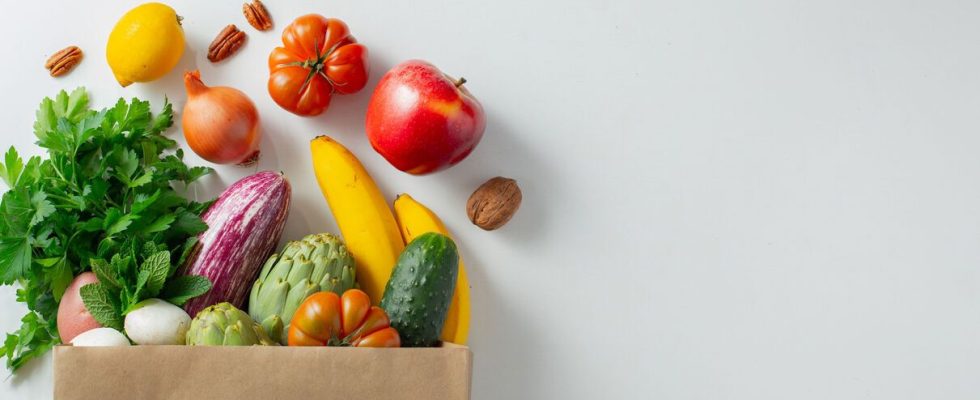By dint of multiplying the mentions on the labels, we can quickly get lost! If organic is clearly indicated, there are other mentions such as “without pesticide residues”. So what’s the difference? Our answers.
According to a survey carried out in 2017 by WWF and Ifop, 93% of French people consider that the presence of pesticides in food has an impact on their health. Figures that perfectly illustrate growing consumer interest for the quality and origin of commercially purchased food products.
Scientific studies are also multiplying to demonstrate that certain components play a role in the appearance or development of cancersor on the fertility. As a result, these foods are increasingly labeled with more or less understandable information. Among the mentions that can be found, there are two which can cause confusion in the mind of an unseasoned consumer. The first is labeled “ without pesticide residue » and the second indicates the character “ Organic » therefore organic, without treatment, of a food. So what’s the difference?
Organic foods may contain pesticides from natural products
“ THE organic food come from agriculture that does not use pesticides or synthetic fertilizers. It is possible to use organic fertilizers and pesticides from products natural. These pesticides, with a few exceptions, are not dangerous. ” noted Michel Duru Research Director currently in charge of mission at INRAE.
Foods without pesticide residues come from conventional agriculture
If we stick to these indications, why are certain products labeled not organic, therefore from organic farming, but free from pesticide residues? “Foods without pesticide residues come from conventional agriculture. However, it is guaranteed that at the time of sale they do not contain detectable pesticide residues. This is possible because as few pesticides as possible are used and the time between application and harvest of the product is long enough so that there are no longer any traces. » specifies the expert.
This is therefore essential information because it can represent a solution for the most modest. Indeed, in 10 years the consumption of organic products has been on the rise, constantly growing (sales multiplied by 3.5). But since 2021, the decline has begun to intensify in 2023. The rise in prices having diverted consumers from products with the highest prices, namely organic ranges.
No pesticide residue can therefore represent a back-up solution while waiting for more reasonable prices. Pesticides being the source of information on the risks to our health.
Thanks to Michel Duru Research Director currently in charge of mission at INRAE.
